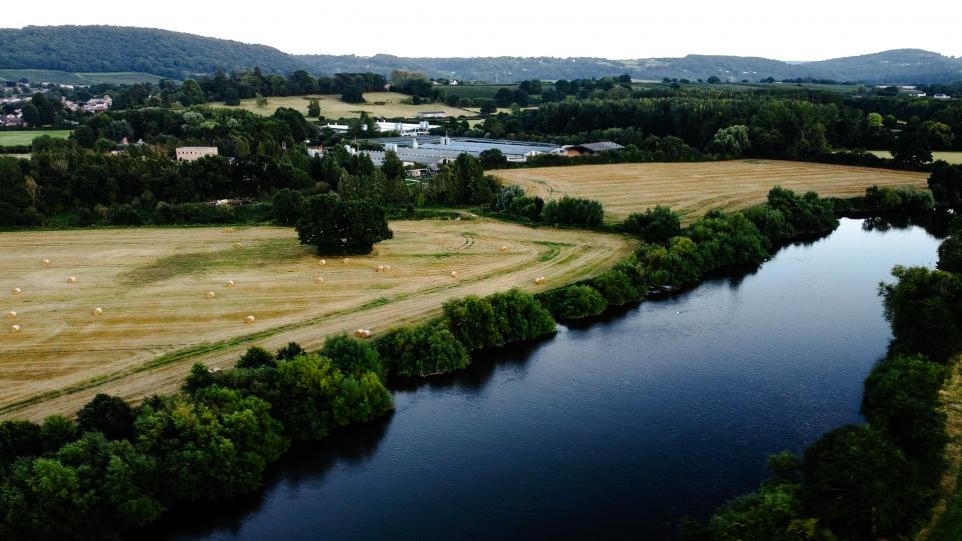CPRW welcomes the UK Government concern about the plight of the River Wye and the acknowledgement of some of the major ecological pressures in the Wye catchment. We recognise the complexity of the problems and need for all parties to work in collaboration for effective solutions.
However, CPRW is severely disappointed to discover that the long overdue UK Government River Wye Action Plan, published on 12 April 2024, is mainly a limited action plan announcing funding for some farmers in the River Wye catchment in Herefordshire, England only.
Defra is a ministerial department responsible for environmental protection and agriculture in the United Kingdom as well as having specifically English responsibilities for English agricultural payments policy, the Environment Agency and Natural England. This Action Plan is fraught with the typical confusion and bias resulting from Defra’s dual role.
Where is the Wye? Where is Wales in the UK Government Action Plan?
The very first sentence of the Action Plan says: “The River Wye starts in Wales and flows through England to its mouth at the Severn Estuary and is known as the ‘birthplace of tourism”, displaying shocking UK Government ignorance of the geography of the Wye and the existence of Monmouthshire.
The document continues to talk about “the catchment” and legally binding UK environmental targets, while cataloguing the activities of the Environment Agency, describing the state of the English section of the Wye Special Area of Conservation (SAC) and committing to targeted English farming interventions only.
Christine Hugh-Jones, CPRW Brecon and Radnorshire Branch said:
“Of the nine commitments, only one amendment of the Environmental Permitting Regulations promises to have any impact on the two large sections of the Wye catchment in Wales. The final commitment to work with partners in England and Wales to produce new evidence on how farmers can mitigate pollution is far too vague to inspire any confidence.
“The Action Plan dodges the generally acknowledged urgent need for a cross-border catchment-based plan. It also fails to set out any real evidence of collaboration between the two Governments and other statutory Authorities in England and Wales while also failing to recognise the current Wye Catchment Partnership work towards an integrated catchment plan.
“In spite of this, we support any attempt by the UK government to explore mitigating of climate change with nature-based solutions in Herefordshire and elsewhere. The Action Plan emphasis is on partial mitigation of impacts of damaging farming practices and encourages business as usual by financing proliferation of technological fixes.
“We would like to see more about addressing the problems at source by controlling livestock numbers, reducing toxins, addressing soil erosion from crops and enforcing against polluting activities. We believe the River Wye deserves better.”
[instagram-feed feed=1]


